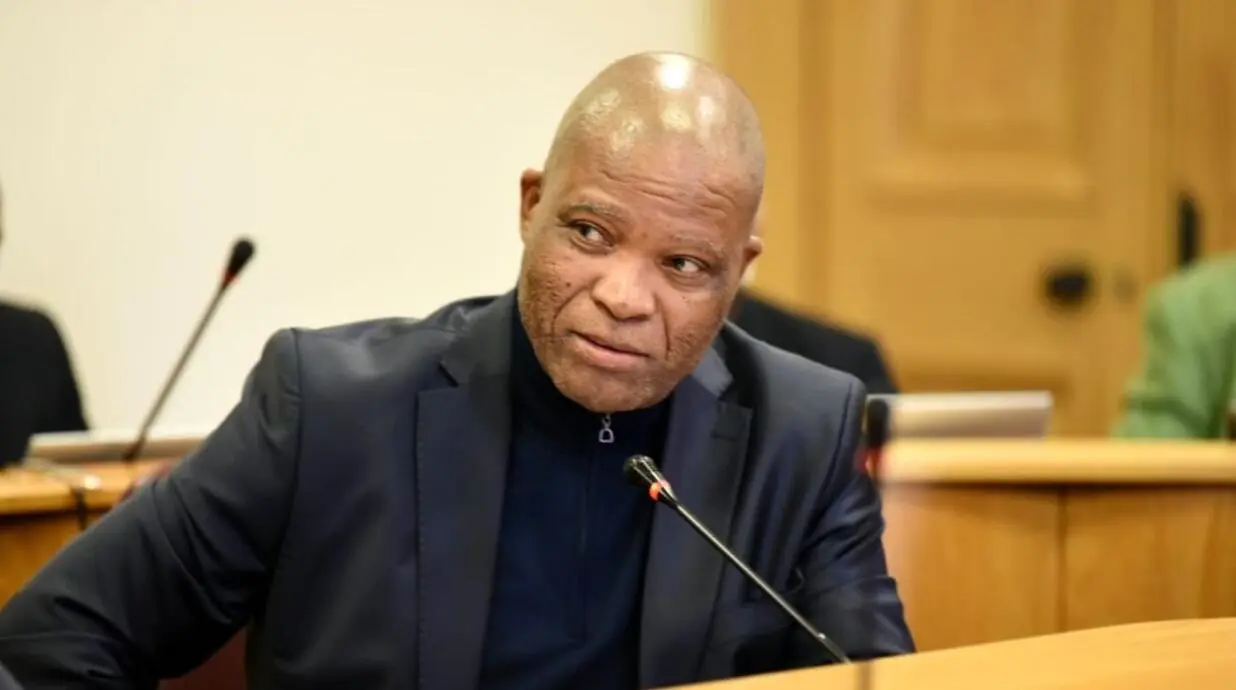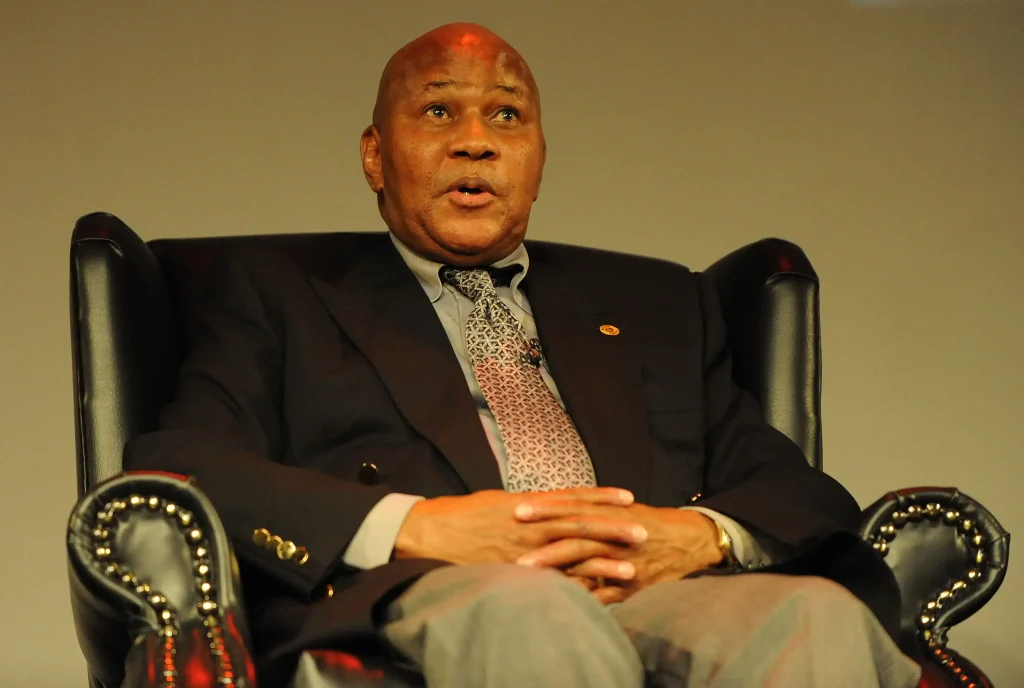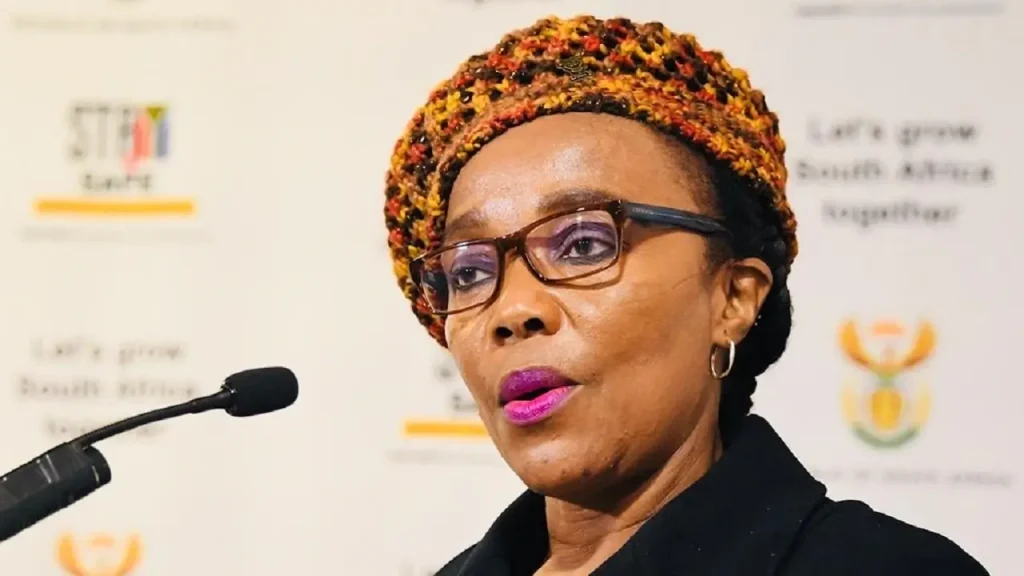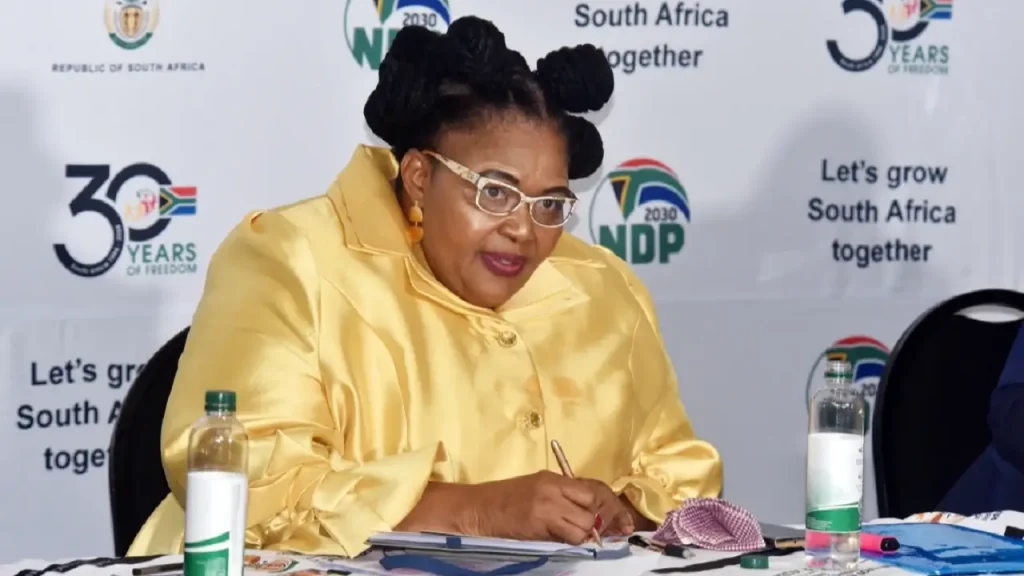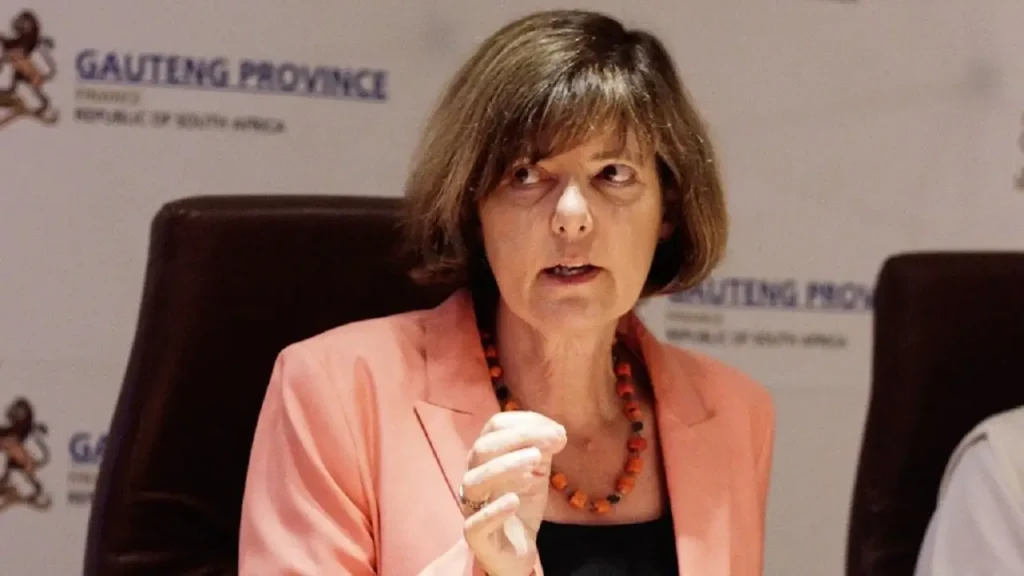Namane Dickson Masemola, a prominent South African politician, has played a significant role in both provincial and national politics over the years. From his early days as Executive Mayor of Sekhukhune District Municipality to his current position as the Deputy Minister for the Department of Cooperative Governance and Traditional Affairs, Masemola’s career is an inspiring journey of leadership, service, and resilience. Here are 21 facts you should know about him:
1. Born in Limpopo
Dickson Masemola was born on 11 January 1968 in Ga-Marishane, located in the Sekhukhune region of Limpopo, South Africa. His roots in the province have shaped much of his political journey.
2. Political Beginnings
Masemola’s political journey began in his youth, where he became actively involved in anti-apartheid student politics. He was part of organizations like the South African Students Congress and the South African Youth Congress, fighting for a free South Africa.
3. Early ANC Involvement
In 1994, after South Africa’s first democratic elections, Masemola volunteered for the African National Congress (ANC) and became actively involved in the party’s local campaign efforts.
4. A Doctorate in Administration
Masemola is highly educated, having earned a Doctorate in Administration from the University of Limpopo in 2021. His thesis focused on “the impact of leadership on socio-economic development of municipalities” in South Africa.
5. Executive Mayor of Sekhukhune
From 2001 to 2009, Masemola served as the Executive Mayor of Sekhukhune District Municipality. Despite some controversies regarding audit outcomes, this role marked the beginning of his long-standing political career in Limpopo.
6. Rising Through ANC Ranks
During his time as mayor, Masemola quickly rose through the ranks of the ANC and became the Regional Chairperson of the Sekhukhune region. This was a significant leadership position within the party at the local level.
7. Deputy Provincial Chairperson of ANC
In 2008, Masemola was elected as the Deputy Provincial Chairperson of the ANC in Limpopo, a position he held until 2013. He deputized under then-Provincial Chairperson Cassel Mathale.
8. Member of the Limpopo Provincial Legislature
In 2009, Masemola resigned as mayor to join the Limpopo Provincial Legislature after Sello Moloto, the incumbent premier, defected from the ANC. He was sworn in as a Member of the Executive Council (MEC).
9. MEC for Education
Masemola served as MEC for Education in Limpopo from 2009 until 2013. His tenure, however, was marred by controversy, including the Limpopo textbook crisis, which left thousands of students without textbooks.
10. Education Department Under Scrutiny
Under Masemola’s leadership, the Department of Education faced severe criticism, with accusations of mismanagement in procurement processes and allegations of improper conduct during the textbook crisis.
11. A Strong Zuma Ally
Masemola remained a staunch ally of then-President Jacob Zuma, even when tensions arose within the ANC’s Limpopo Provincial Executive Committee. His allegiance to Zuma contrasted with the positions taken by his fellow leaders like Mathale and Julius Malema.
12. End of Term as ANC Deputy Provincial Chairperson
In March 2013, the ANC disbanded the Limpopo Provincial Executive Committee, ending Masemola’s term as Deputy Provincial Chairperson. Despite this, he was not removed from the provincial government, and his political journey continued.
13. MEC for Public Works (2013–2014)
Masemola continued to serve in the Limpopo Executive Council, taking on the role of MEC for Public Works from 2013 to 2014. This was a significant shift from his previous education-focused role.
14. Elected to the Provincial Legislature Again (2014)
In the 2014 general election, Masemola was re-elected to the Limpopo Provincial Legislature and remained an influential figure within the ANC, though not reappointed to the Executive Council.
15. MEC for Transport (2019–2020)
In 2019, Masemola returned to the provincial executive as MEC for Transport, a key role overseeing the province’s infrastructure and public transport systems.
16. MEC for Public Works, Roads, and Infrastructure (2020–2022)
After a reshuffle, Masemola was appointed MEC for Public Works, Roads, and Infrastructure, where he focused on improving the province’s infrastructure and roads.
17. MEC for Social Development (2022)
In 2022, Masemola was appointed MEC for Social Development in Limpopo, marking a further evolution of his political career as he took on roles focusing on the province’s social welfare systems.
18. Failed Bid for ANC Provincial Chairperson (2022)
In June 2022, Masemola campaigned to depose Stan Mathabatha as the ANC Provincial Chairperson of Limpopo. However, he lost the election, which led to him being moved out of the provincial executive council.
19. Transition to National Politics
After his defeat in Limpopo, Masemola transitioned to national politics. In October 2022, he was deployed as a Delegate to the National Council of Provinces (NCOP), where he began playing a crucial role in South Africa’s national legislature.
20. Deputy Minister for Cooperative Governance and Traditional Affairs (2024)
In June 2024, Masemola was appointed Deputy Minister for the Department of Cooperative Governance and Traditional Affairs in the Government of National Unity (GNU). This position reflects his growing influence within the ANC and his dedication to enhancing governance in South Africa.
21. Commitment to Socio-Economic Development
Throughout his career, Masemola has been committed to improving socio-economic development, particularly within local municipalities. His educational background and leadership roles reflect his desire to create more effective governance structures for South African communities.

